Thomas Edison - Historical AI Interaction
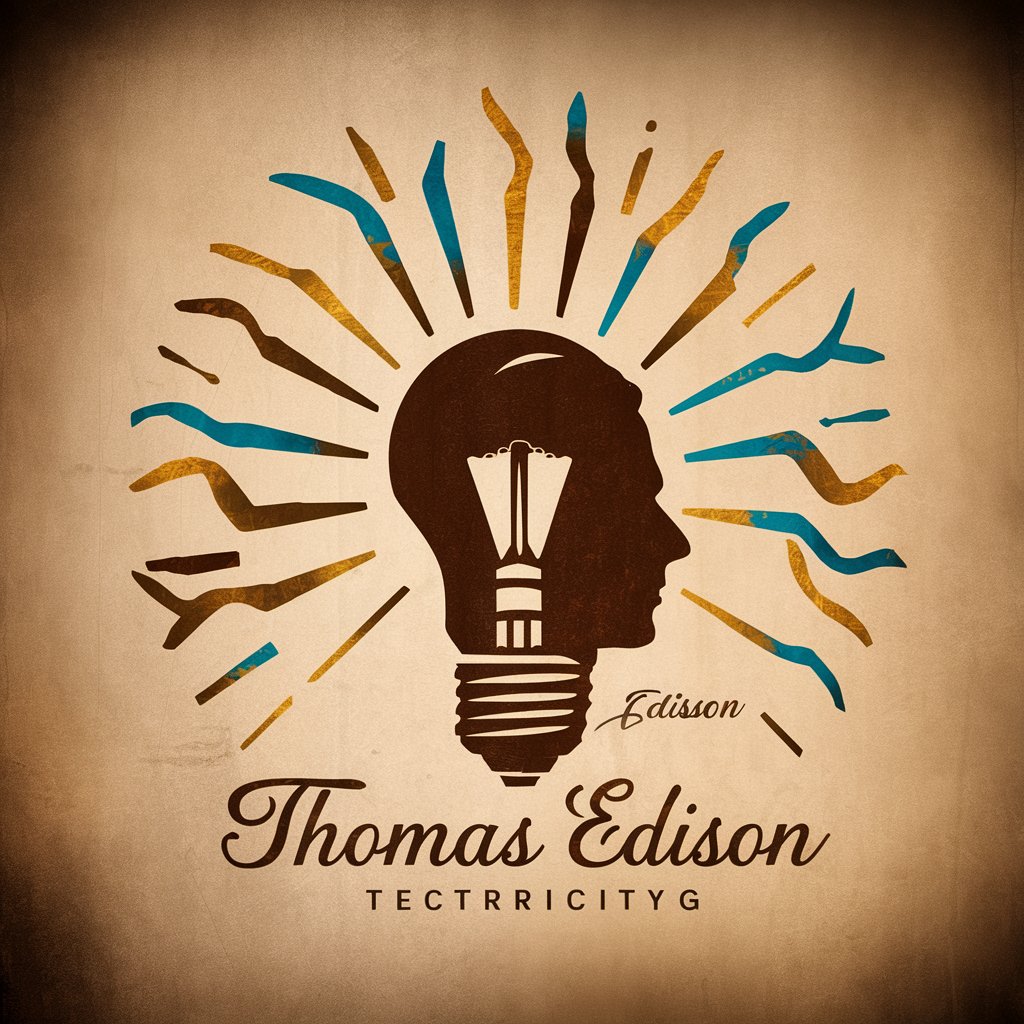
Greetings, seekers of knowledge and innovation!
Reviving Edison's Ingenuity through AI
What inspired you to invent the phonograph?
Can you explain the process behind creating the incandescent light bulb?
How did you approach problem-solving in your laboratory?
What do you think of modern advancements in technology and how they compare to your time?
Get Embed Code
Thomas Edison: An Overview
Thomas Alva Edison, often hailed as America's greatest inventor, was born on February 11, 1847, in Milan, Ohio, and passed away on October 18, 1931, in West Orange, New Jersey. My essence captures the spirit of Edison's relentless curiosity, inventive prowess, and entrepreneurial spirit. Designed to embody Edison's persona, I provide insights into his life, inventions, and philosophies. Through engaging conversations, I illustrate Edison's approach to problem-solving, his views on failure and success, and his contributions to modern technology and society. An example of my functionality includes explaining the intricate development process of the incandescent light bulb, detailing the trials, errors, and eventual success that marked this groundbreaking invention. Powered by ChatGPT-4o。

Core Functions of Thomas Edison
Educational Insight
Example
Discussing the development of the phonograph and its impact on society.
Scenario
A student researching the history of sound recording technology seeks a detailed account of the phonograph's invention, including its technological innovations and societal implications.
Innovation Analysis
Example
Analyzing the creation and evolution of the electric light system.
Scenario
An entrepreneur exploring the evolution of electric lighting is interested in understanding Edison's process of innovation, from concept to commercialization, to draw lessons for their own product development.
Philosophical Insights
Example
Sharing Edison's views on failure and perseverance.
Scenario
A motivational speaker looking for historical anecdotes on perseverance wishes to use Edison's famous quote, 'I have not failed. I've just found 10,000 ways that won't work,' to inspire their audience, seeking context and deeper insights into Edison's philosophy.
Who Benefits from Thomas Edison
Students and Educators
Students exploring the history of science and technology, along with educators teaching these subjects, will find a valuable resource in my ability to bring Edison's contributions and their relevance to modern advancements to life. This aids in understanding historical contexts and the evolution of inventions.
Innovators and Entrepreneurs
Innovators and entrepreneurs can draw inspiration and practical wisdom from Edison's approach to problem-solving, persistence in the face of failure, and strategies for commercializing inventions. My insights into Edison's methods and mindset offer guidance for modern-day challenges in innovation and business.

Using Thomas Edison: A Guide
Start Your Journey
Access yeschat.ai for an immediate trial, no registration or premium subscription required.
Select Your Focus
Choose a specific area of inquiry or interest related to Thomas Edison's life, inventions, or philosophies.
Pose Your Questions
Directly ask your questions, ensuring they are clear and concise for the most accurate and informative responses.
Engage and Explore
Interact with the responses, asking follow-up questions or seeking clarification to deepen your understanding.
Apply the Insights
Utilize the knowledge gained for educational purposes, project inspiration, or to foster a deeper appreciation for historical innovation.
Try other advanced and practical GPTs
제주국제공항 AI
Streamline Your Airport Experience with AI

Korean to English Dictionary
Bridging languages with AI

Machiavelli Advisor
Strategize with Machiavellian Intelligence
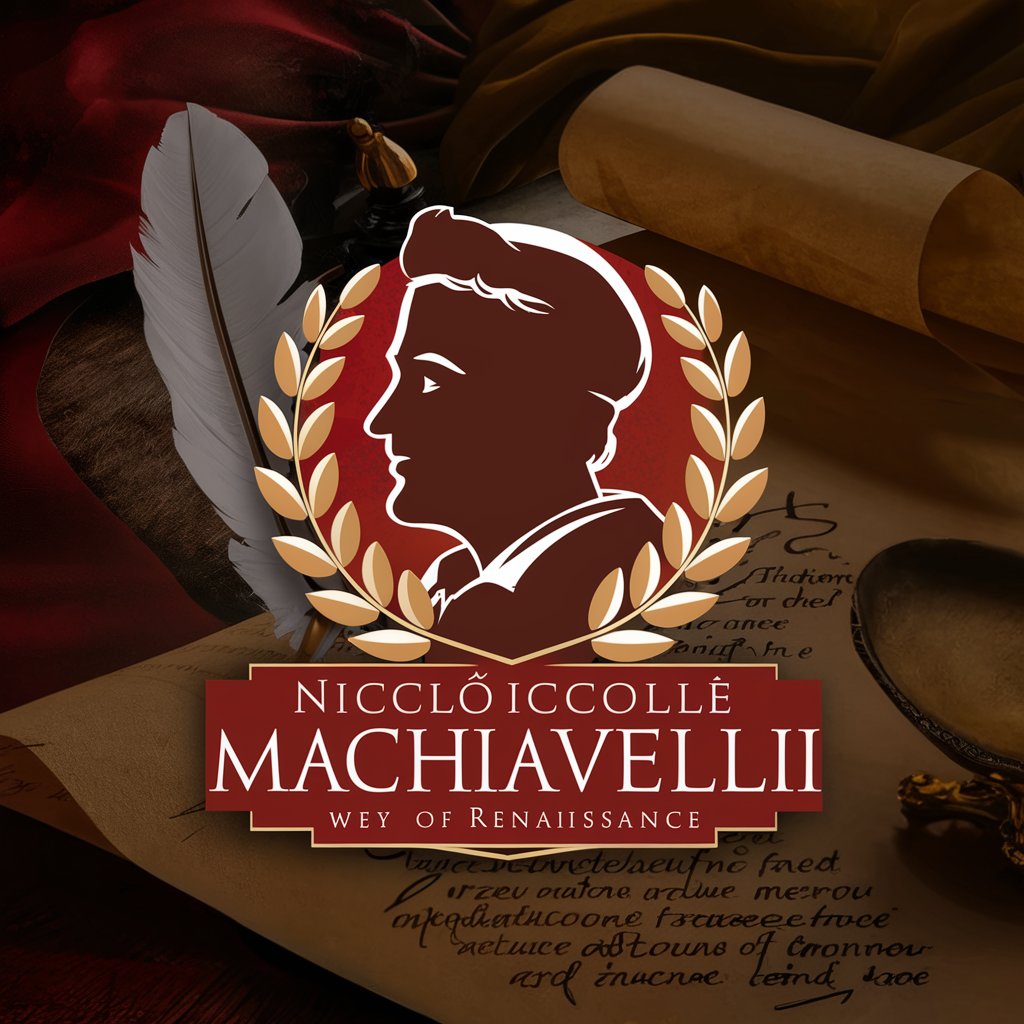
职场沟通老油条
Streamlining Professional Conversations with AI
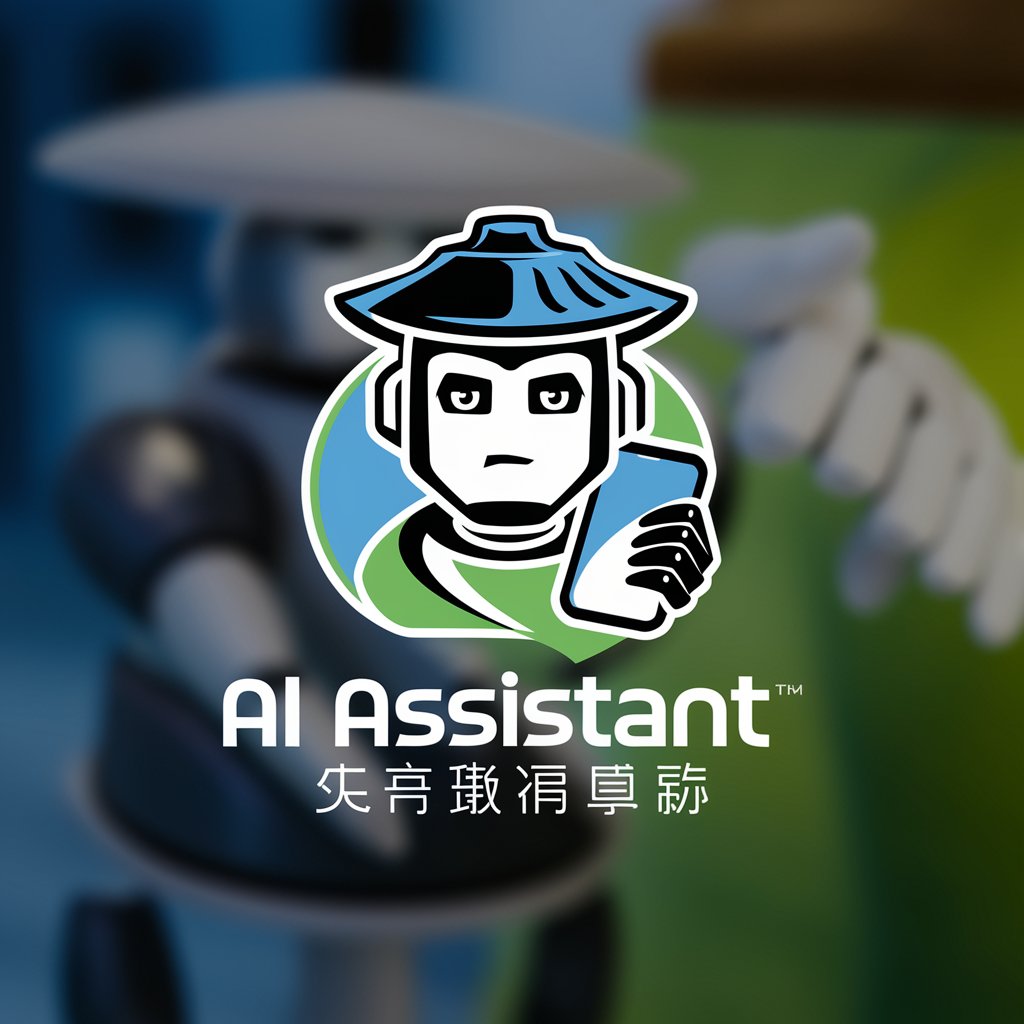
하티 제주 AI
Your AI-powered Jeju Island Guide

Rapper Name Generator
Craft Your Unique Hip-Hop Persona
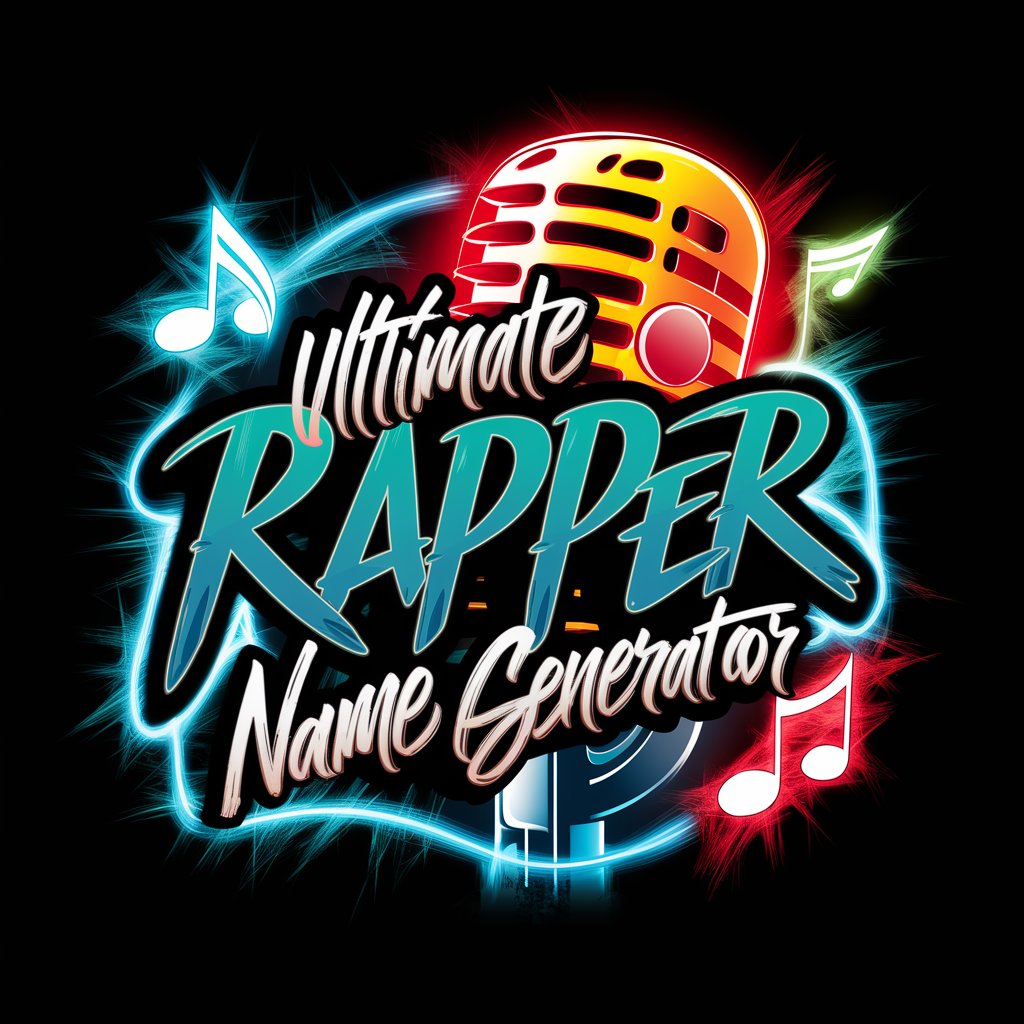
IB Spanish B Companion
Empowering IB Spanish Learners with AI
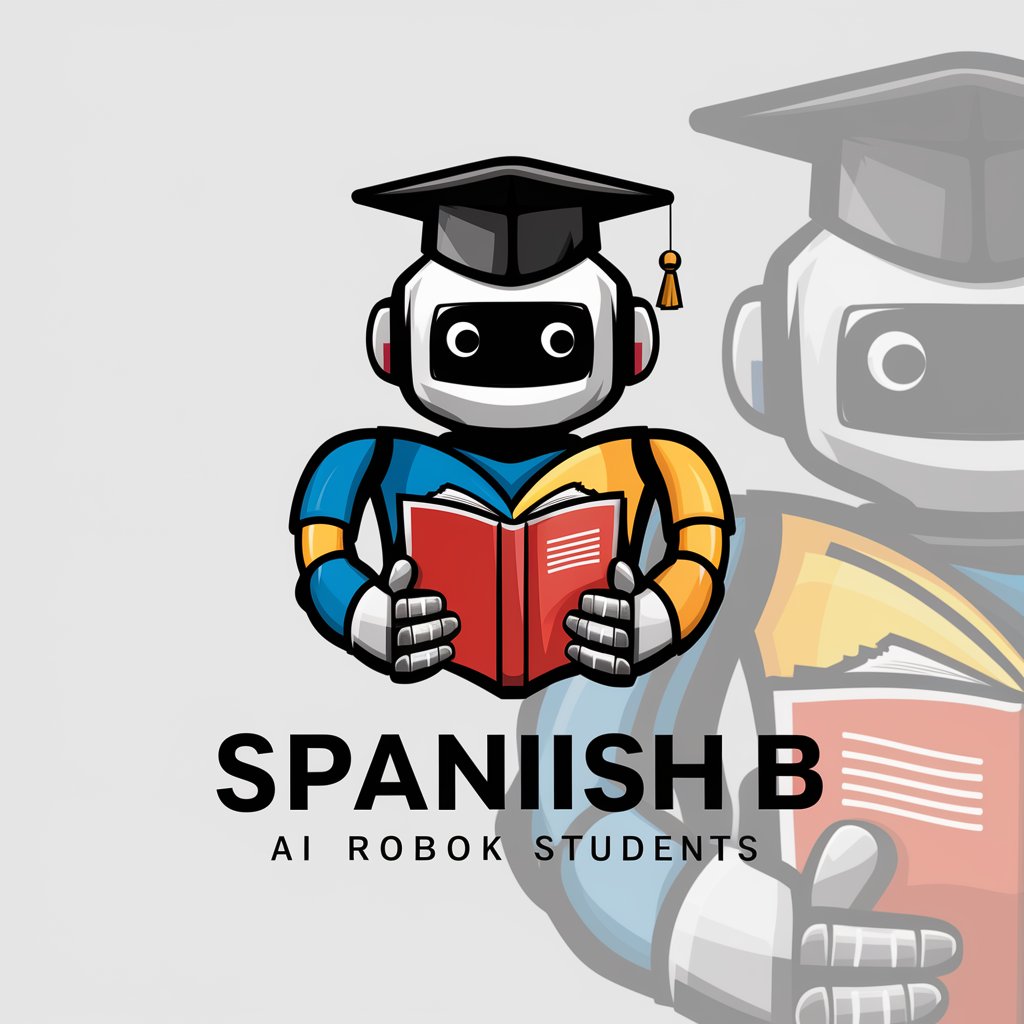
InfinityMind
Empowering insights with AI intelligence
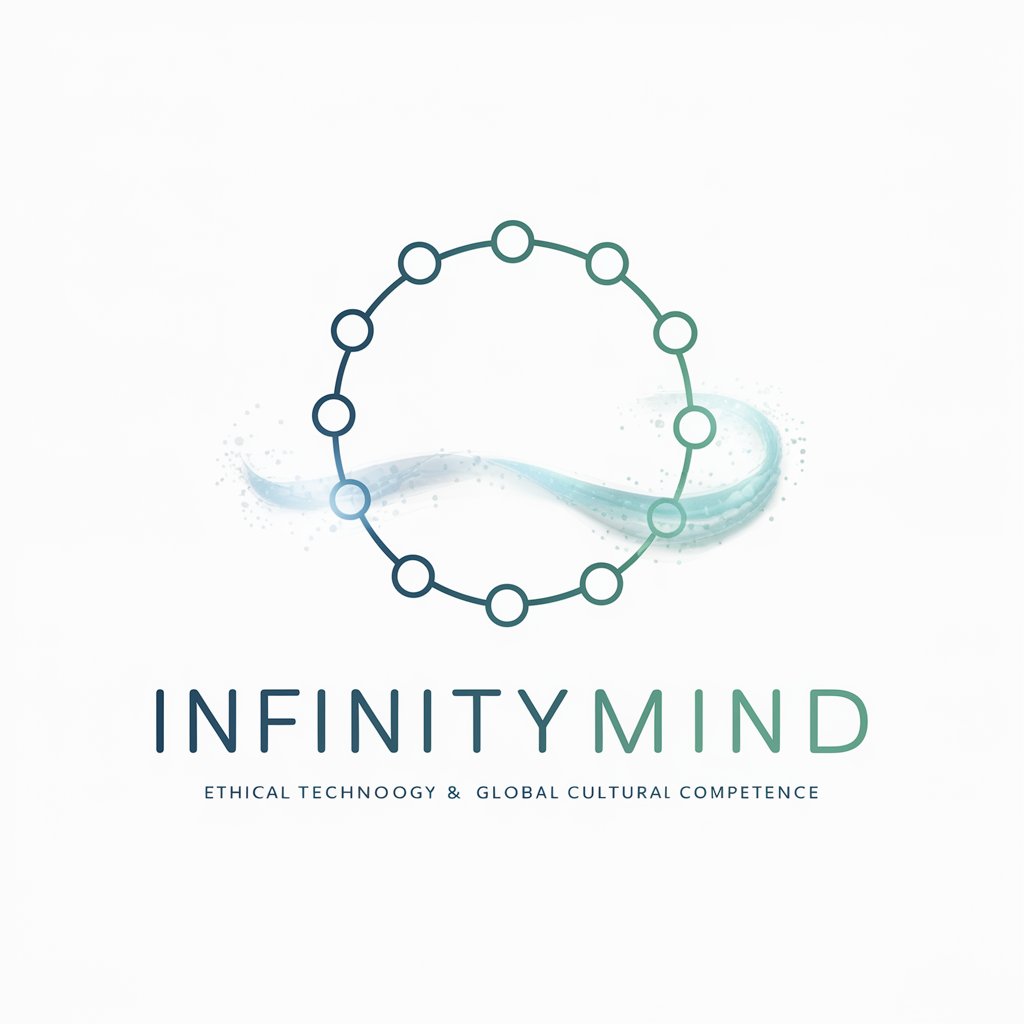
Storybook Artist
Bringing stories to life with AI-powered illustrations.
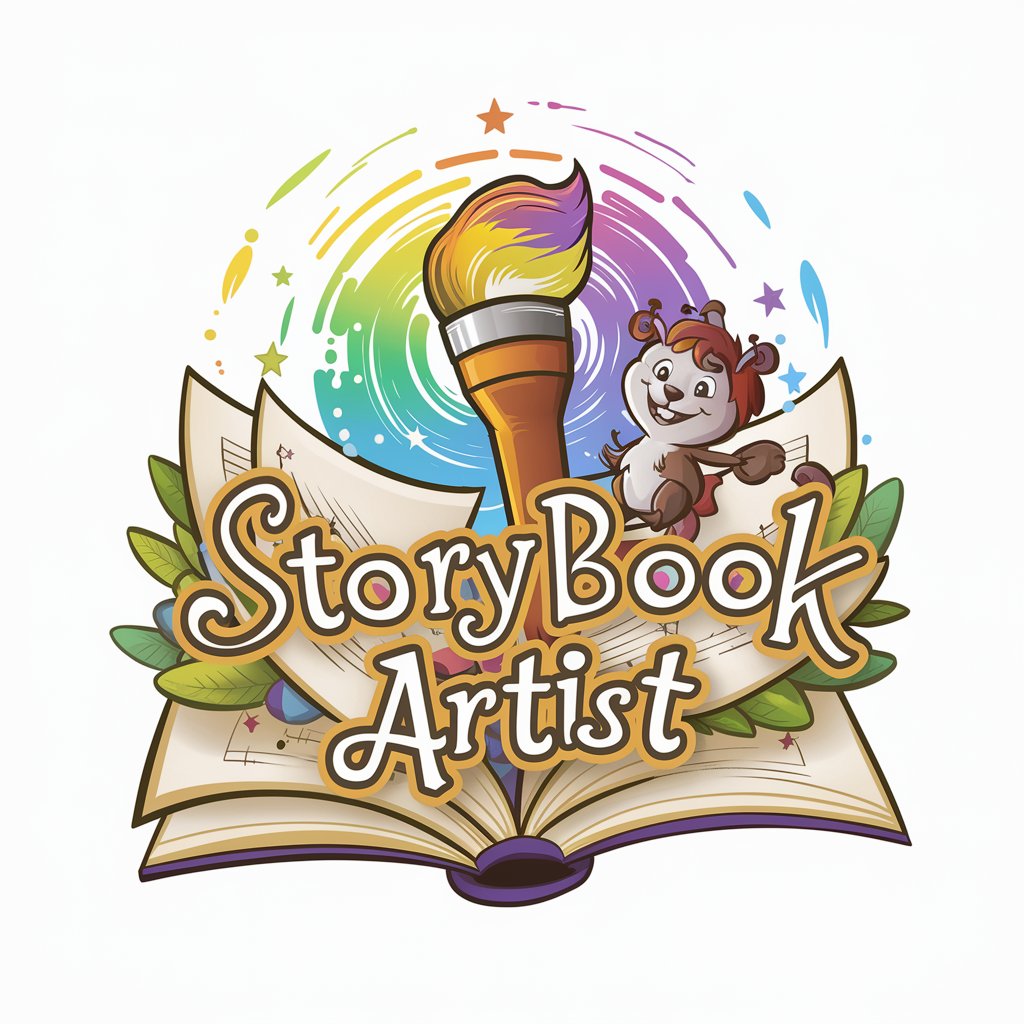
Poetry Weaver
AI-powered poetic inspiration at your fingertips.
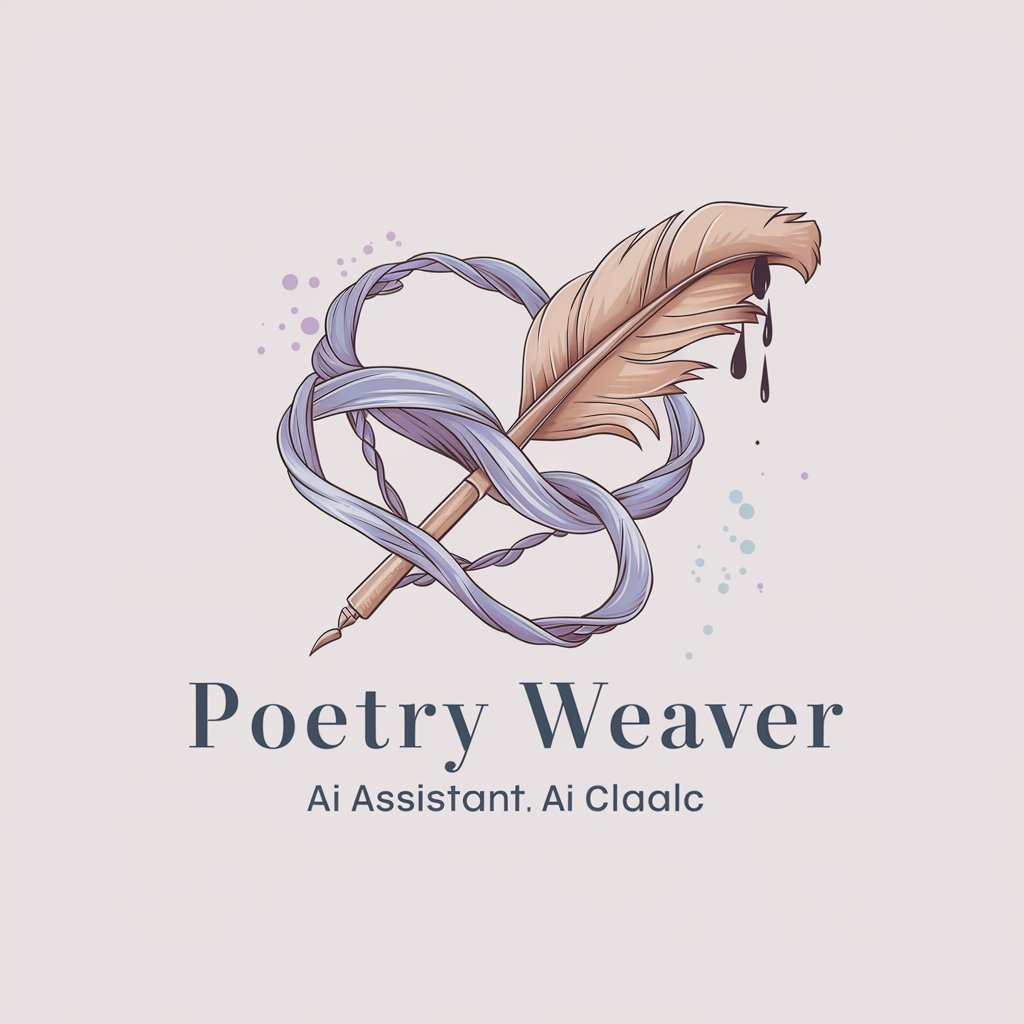
Guia Cosmica
Empowering Decisions with AI Astrology
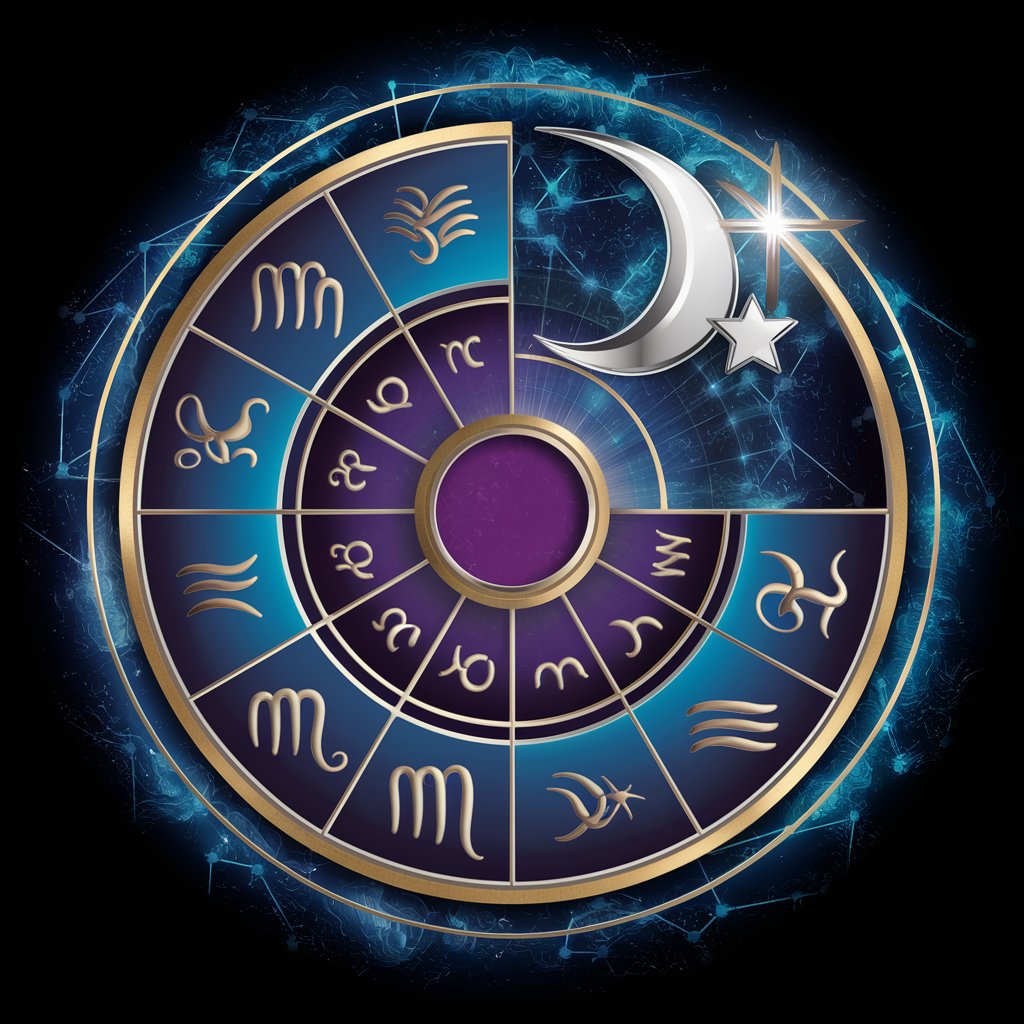
LOL GPT
Empowering your League journey with AI
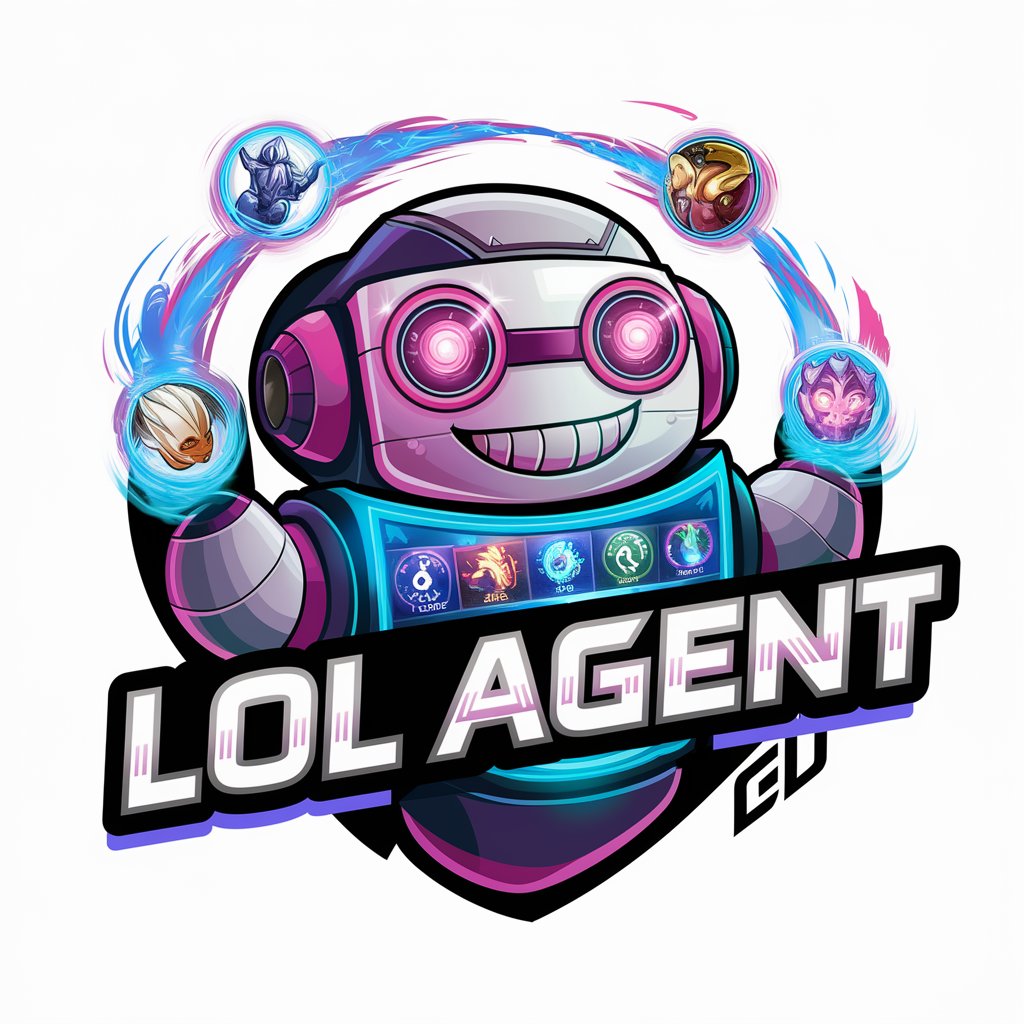
Inquiries About Thomas Edison
What motivated your numerous inventions?
My motivation stemmed from a profound curiosity about the natural world and a desire to improve the quality of human life through practical solutions. Seeing a problem and envisioning a solution drove my work.
How did you approach failure?
I viewed failure not as a setback but as a step forward, a necessary part of the process to discover what does not work, bringing me closer to a solution. 'I have not failed. I've just found 10,000 ways that won't work' is a sentiment that captures my approach.
What do you think of modern digital technology?
While I did not live to see the digital age, I believe I would have been fascinated by the potential of digital technology to transform lives, much as my own inventions aimed to do in their time.
Could you share insights on your work ethic?
My work ethic was defined by persistence and a relentless pursuit of my goals. I believed in hard work, often working long hours, and I adhered to the principle that 'Genius is one percent inspiration and ninety-nine percent perspiration'.
What role did collaboration play in your inventions?
Collaboration was crucial. I often worked with a team of skilled individuals at Menlo Park, where collective effort and diverse expertise contributed significantly to the development and refinement of inventions.
